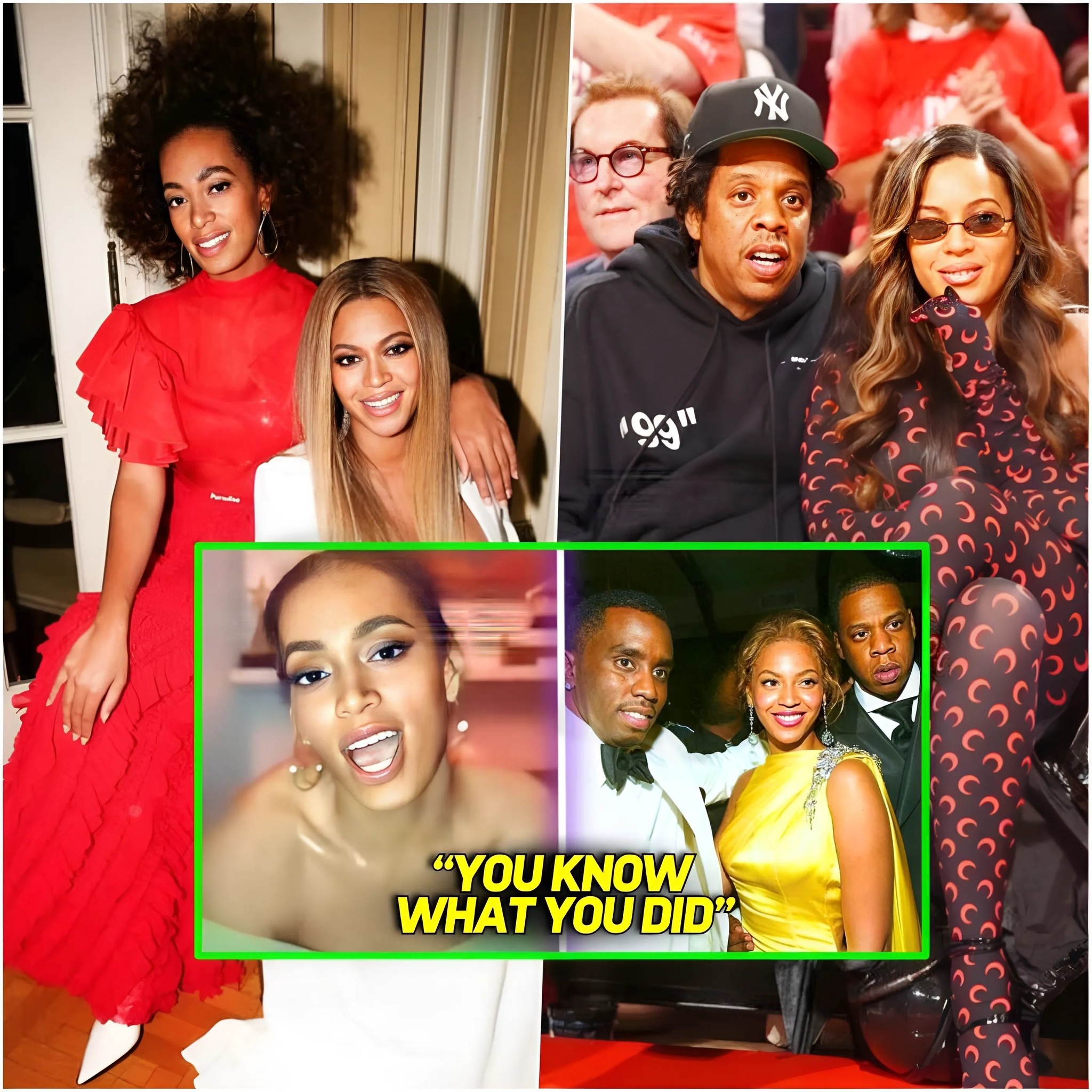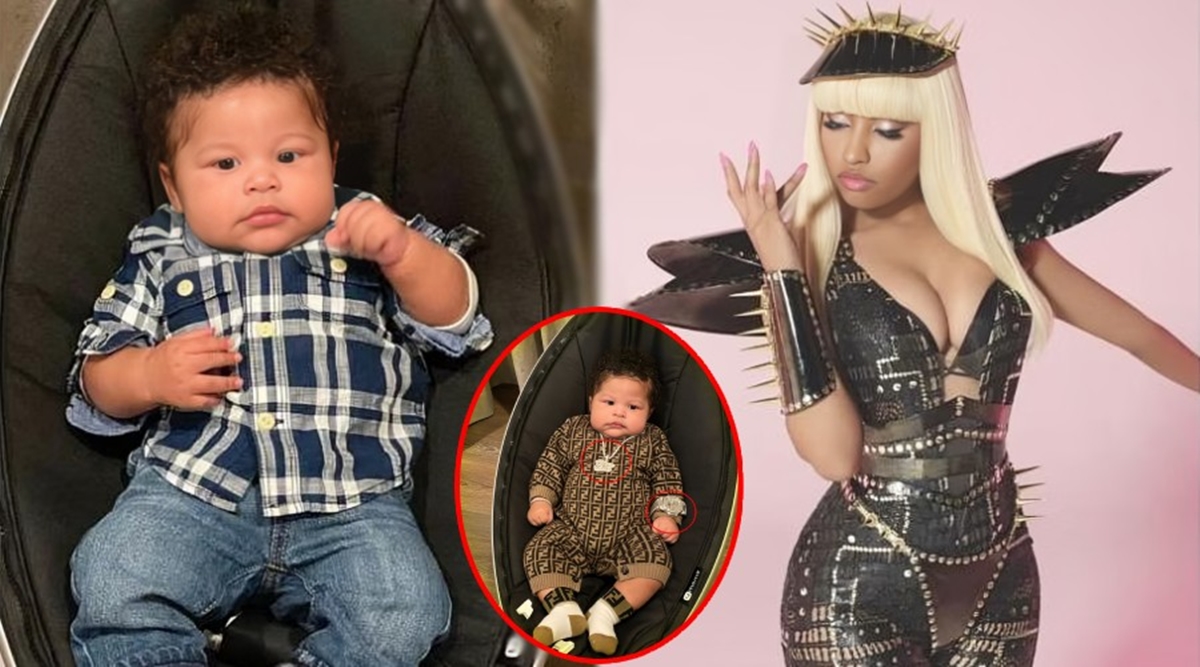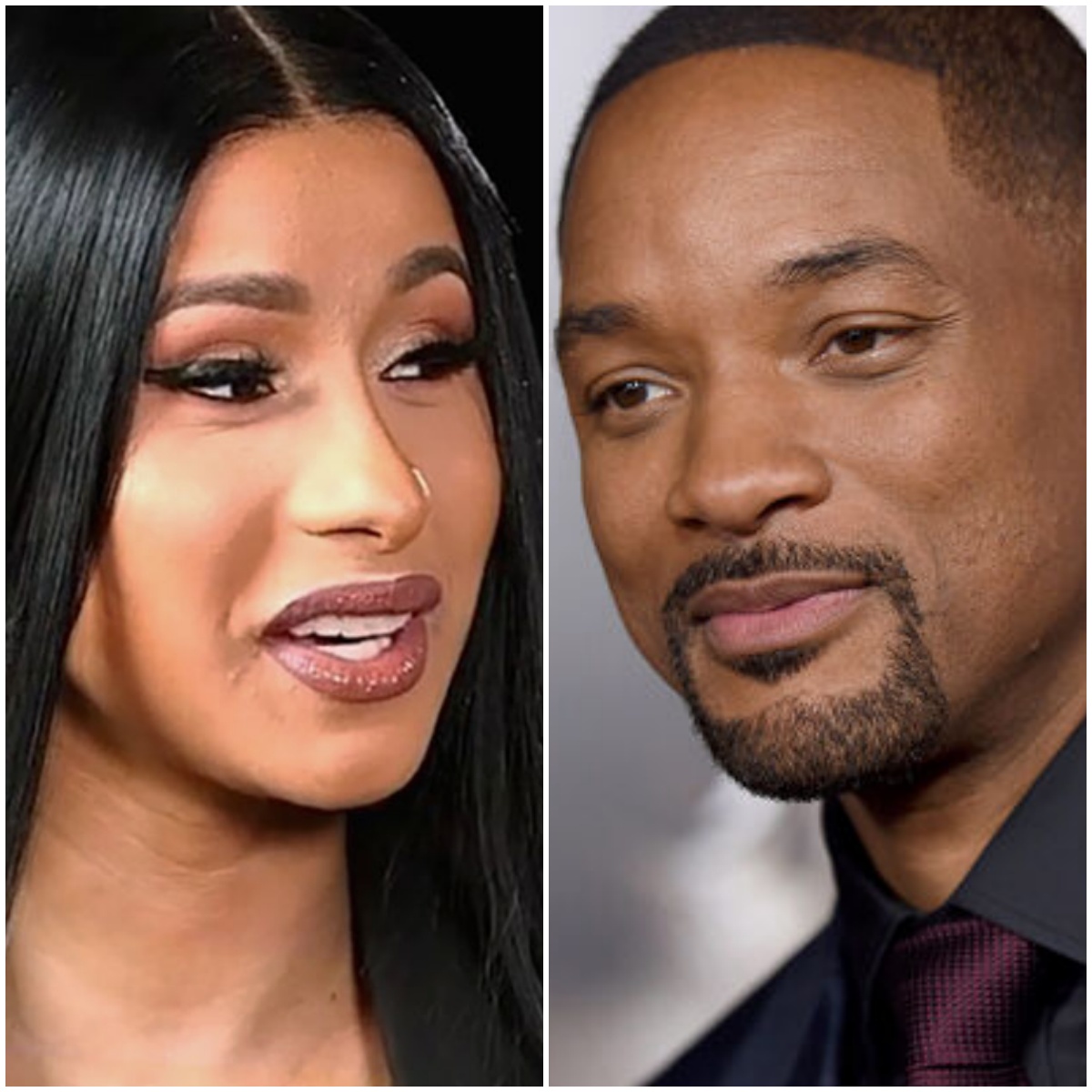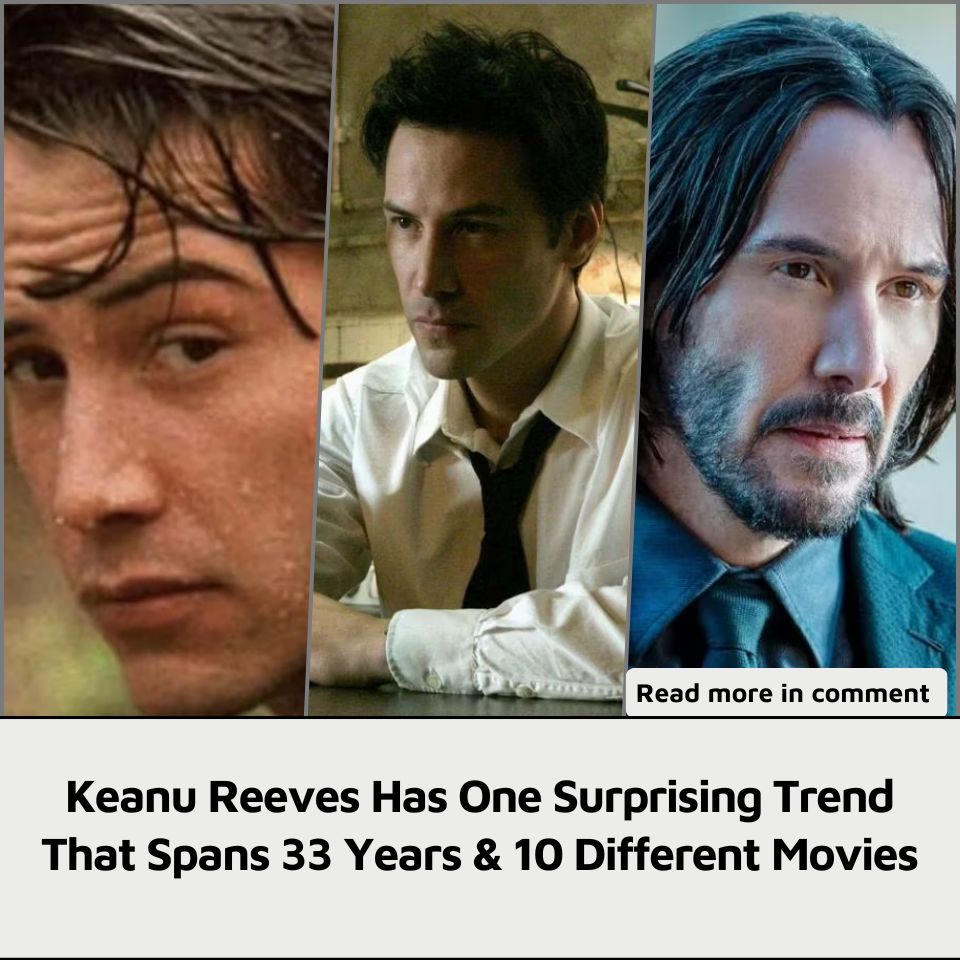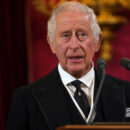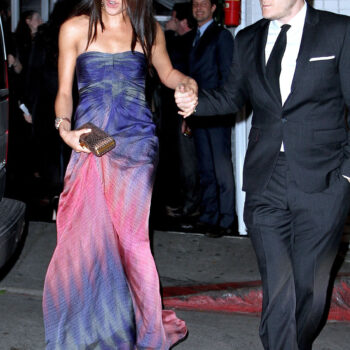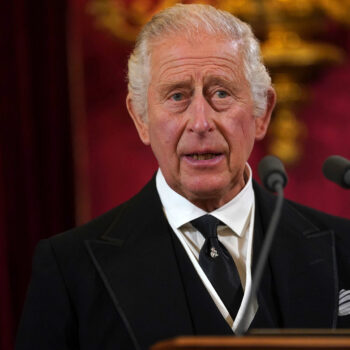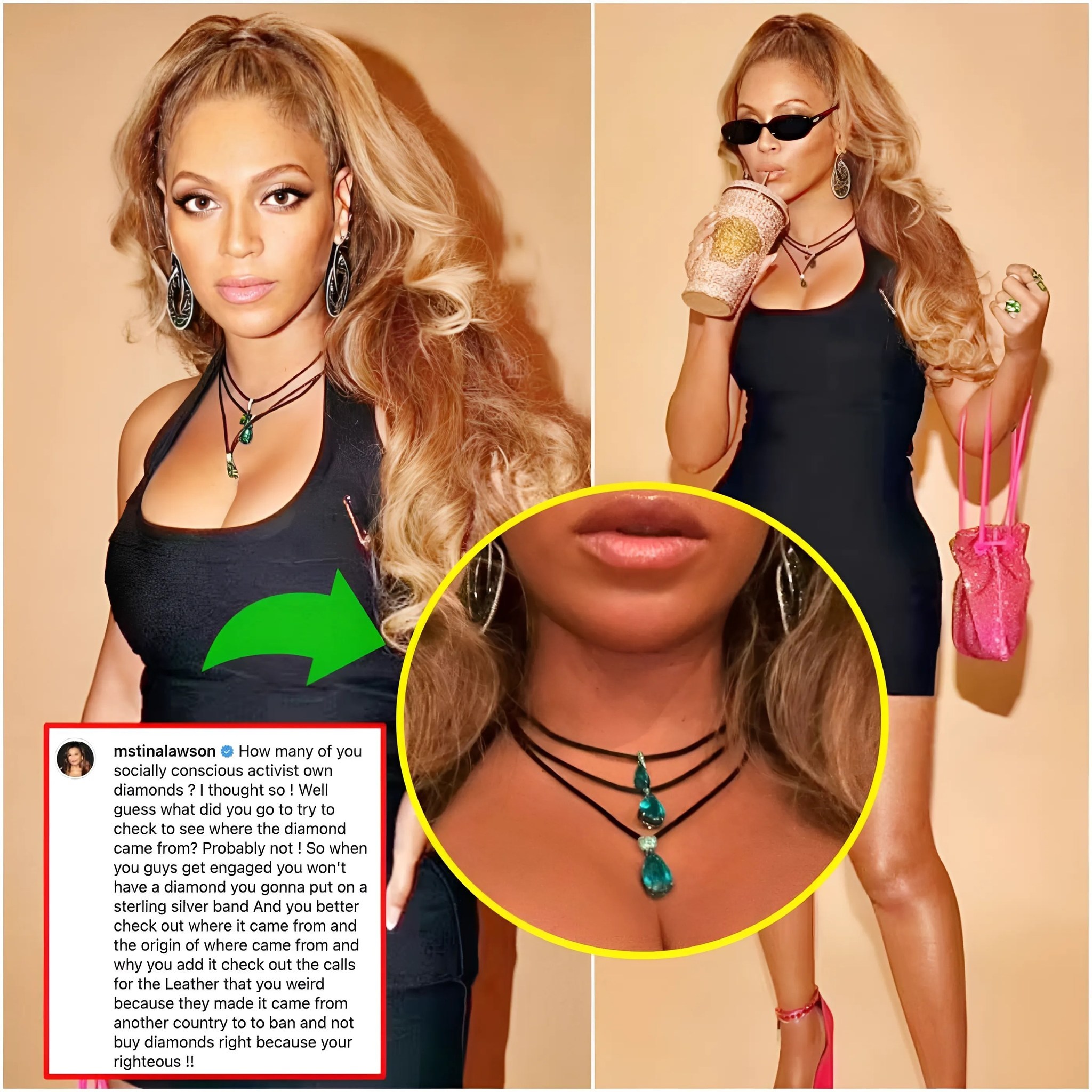
Beyoncé Defends Herself About Being ‘Disappointed And Angry’ Over Tiffany ‘Blood Diamonds’ Worth $30 Million
Renowned singer and cultural icon Beyoncé has found herself at the center of a heated debate surrounding her recent collaboration with luxury jeweler Tiffany & Co. The controversy stems from allegations that the diamonds featured in the promotional campaign are sourced from regions plagued by conflict, commonly known as “blood diamonds.”
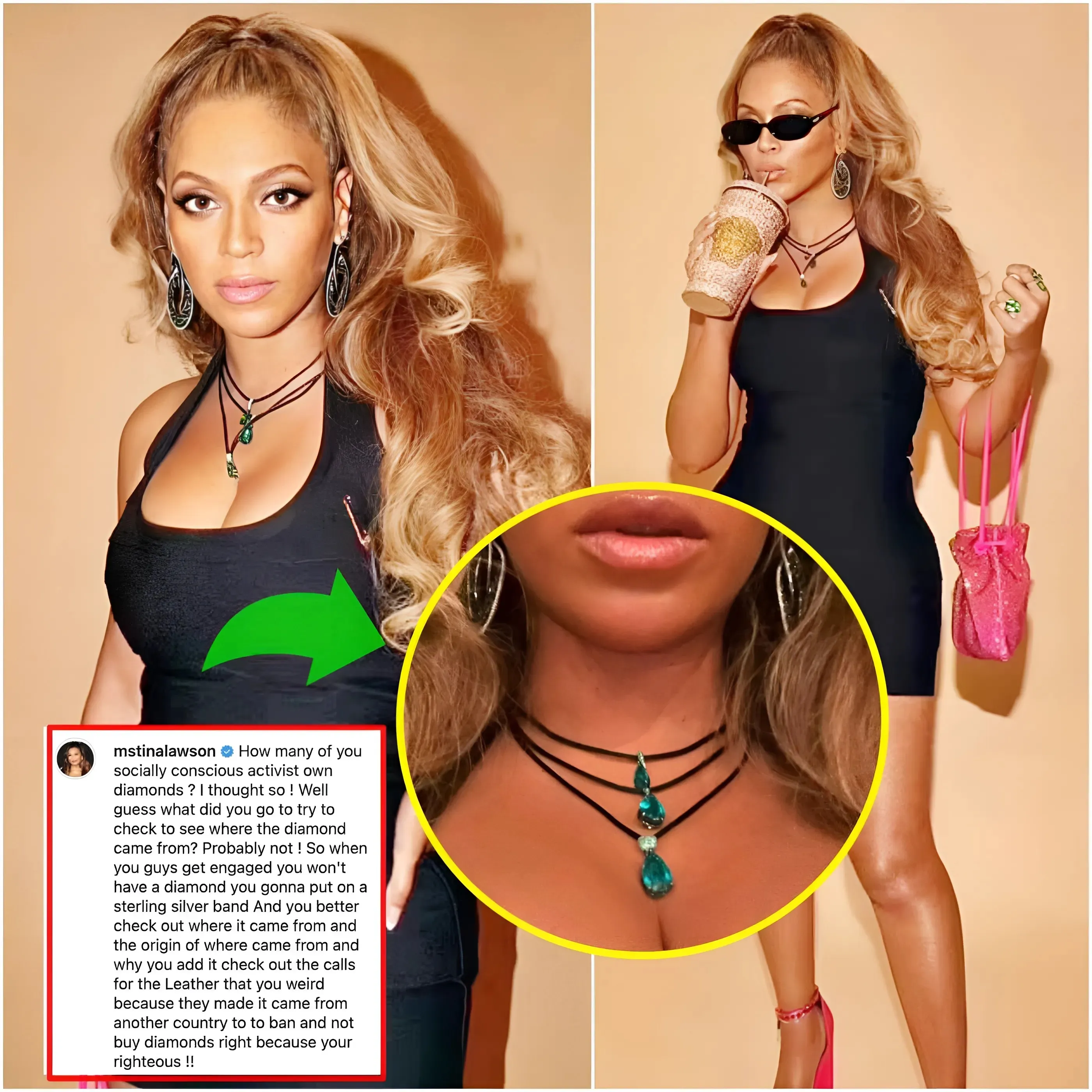
In a recent statement, Beyoncé addressed the growing criticism, expressing her disappointment and anger over the accusations. The Grammy-winning artist emphasized her commitment to social justice and ethical practices, asserting that she would never knowingly associate herself with products that exploit or harm others.
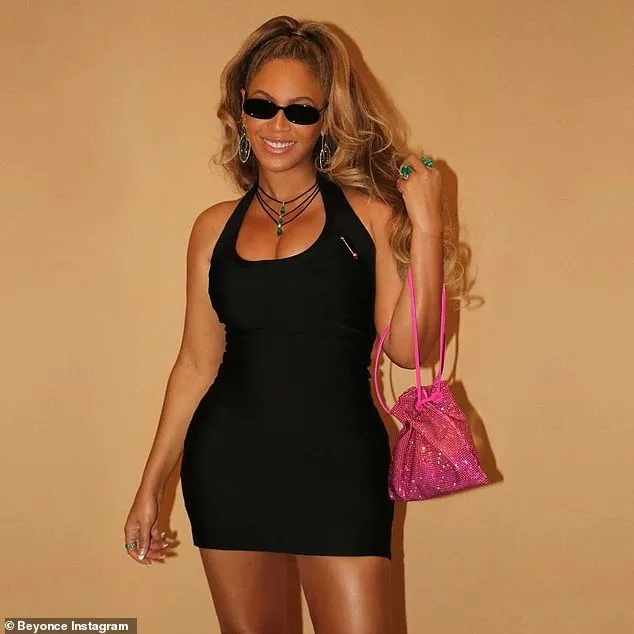
“It’s disheartening to be accused of supporting such atrocities,” Beyoncé stated. “As a Black woman, I am acutely aware of the impact of exploitation and violence in our communities. I would never compromise my values or integrity for the sake of glamour or wealth.”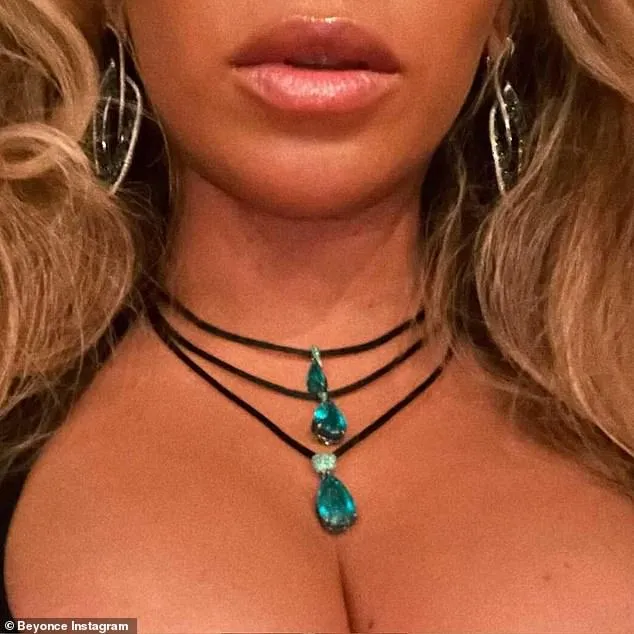
The controversy has reignited discussions about the responsibility of celebrities and corporations to ensure ethical sourcing in their partnerships and endorsements. Critics argue that Beyoncé’s association with Tiffany & Co. undermines her advocacy for social causes, while others defend her right to engage in business ventures without assuming guilt by association.
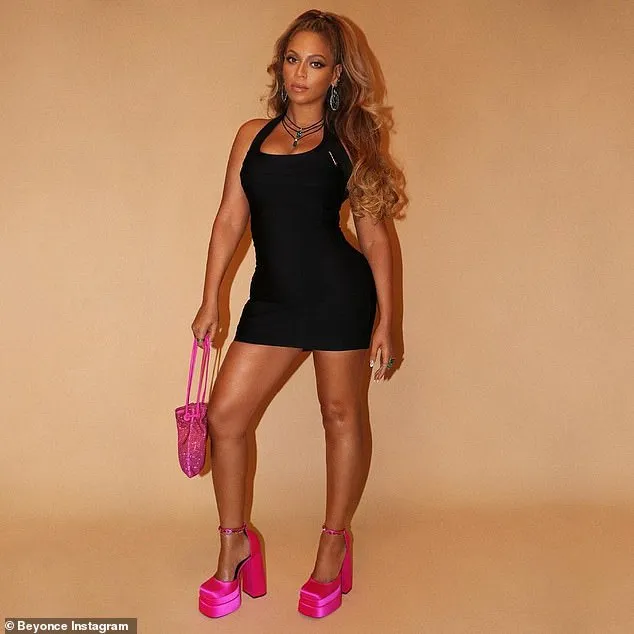
Tiffany & Co. has also responded to the allegations, affirming their commitment to responsible sourcing and ethical practices. The luxury jeweler stated that they adhere to strict standards and protocols to ensure that their diamonds are conflict-free and ethically procured.
Despite the assurances from both Beyoncé and Tiffany & Co., the controversy underscores the complexities of the luxury industry and its connections to global issues such as human rights abuses and environmental degradation. As consumers become increasingly conscientious about the origins of the products they purchase, celebrities and brands alike face heightened scrutiny and accountability.
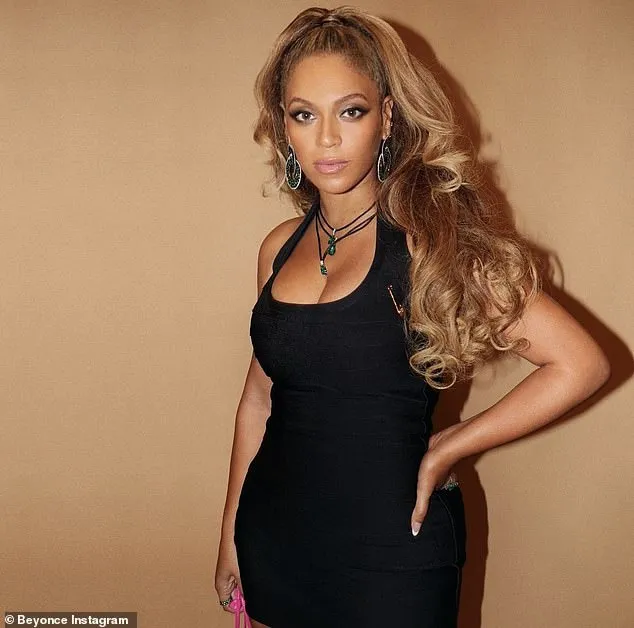
In the midst of the backlash, Beyoncé remains steadfast in her stance, vowing to use her platform to advocate for transparency and social justice. While the debate continues to unfold, one thing remains clear: the intersection of celebrity, commerce, and ethics is a contentious terrain that demands careful navigation and principled action.
